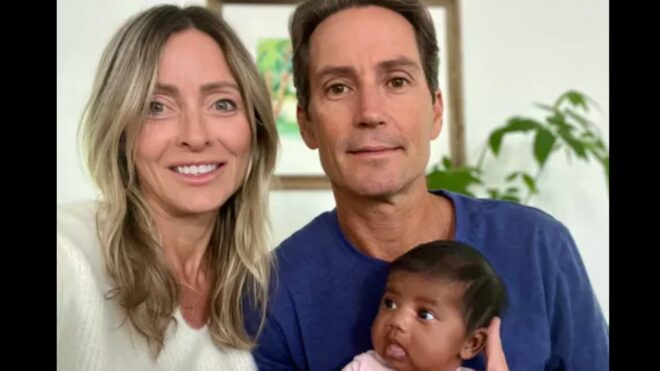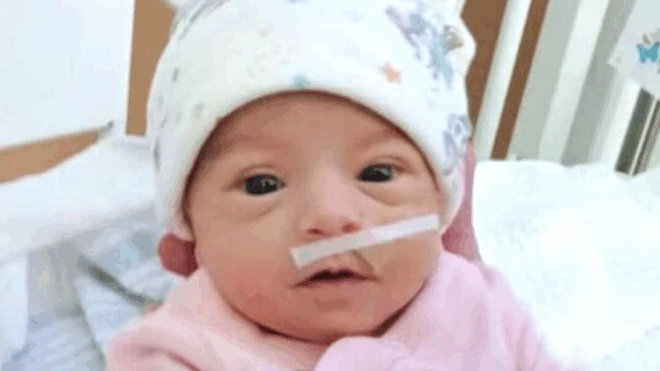All children progress at different paces, so sometimes it's natural for parents to overlook or ignore issues their toddler is having with speech.
But communication disorders are prevalent in America, and early intervention is key in treatment. "Parents should take children for a speech evaluation any time they're concerned," says Diane Paul, PhD, Director of Clinical Issues in Speech-Language Pathology at the American Speech-Language-Hearing Association.
Knowing what is and isn't normal when it comes to language and speech development is extremely important, so we've broken down five important red flags to look out for. Here, some signs your child might need speech therapy.
1. Your Child Doesn't Interact Socially. If your baby isn't smiling or interacting with others from infancy to 3 months of age, it could be a red flag for a speech or language disorder. Other early social interaction signs to look out for:
- Your infant doesn't babble (bewteen 4 and 7 months).
- Your baby makes only a few sounds or gestures, like pointing (between 7 and 12 months).
- Your infant doesn't seem to understand what you or others are saying (between 7 months and 2 years old).
2. Your Toddler Makes Only a Few Sounds, Words, or Gestures (12 to 18 months). "Most kids are starting to say a few single words between a year and 18 months," says Paul. "Between 1 1/2 and 2, they're typically putting words together." If your child isn't saying anything, or has an extremely limited repertoire of words, he or she may have a speech disorder.
3. You (and Others) Can't Understand What Your Child Is Saying (18 months to 2 years). It isn't uncommon for moms and dads to be the only people who understand what their toddler is saying, but between 18 months and 2 years, parents shouldn't have too much difficulty deciphering what their child is saying. "Speech should be clear to a familiar listener at this point," says Paul.
4. Your Child Hasn't Started to Combine 2 or More Words Together By the Age of 2. Usually, children begin combining two or more words together to make "sentences" at about 18 months: "My ball." "Come Mama." If between the ages of 1 1/2 and 3, children aren't pairing two or more words with one another, parents may want to consult an expert.
5. Your Child Struggles to Make Sounds or Say Words (2 1/2 to 4 years). Some sounds are harder to pronounce than others. For instance, a "K" or a "G" sound doesn't roll off the tongue for an 18-month-old (or even some 2-year-olds). "Easier sounds, like 'P,' 'B,' and 'M,' shouldn't be a problem for children after the age of 2," notes Paul. If your 2 1/2-year-old is still having trouble with "easier" sounds, or your 3- to 4-year-old is having trouble with "harder" sounds, consider it a red flag.
To find a speech therapist near you, you can get a referral through your public school system (regardless of your child's age). Or go to the American Speech-Language-Hearing Association to find a certified, reputable professional in your area.
Are you worried about your toddler's speech?
Image via Dan Foy/Flickr




